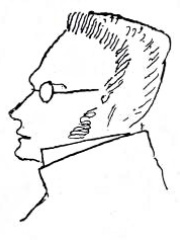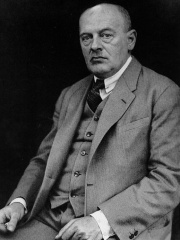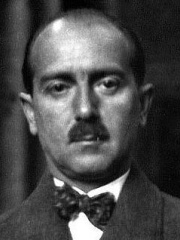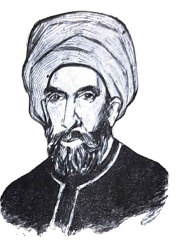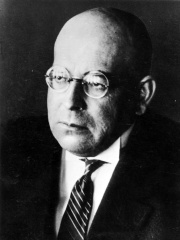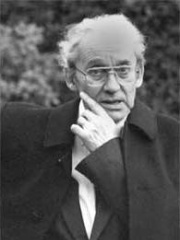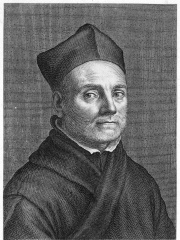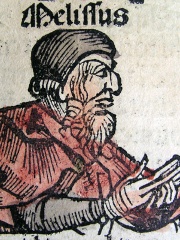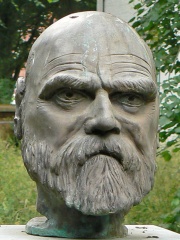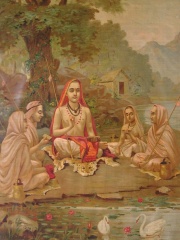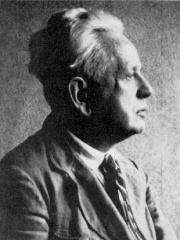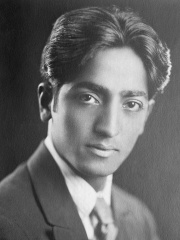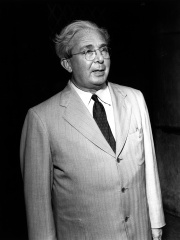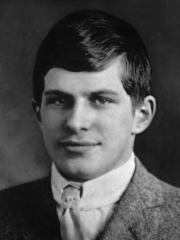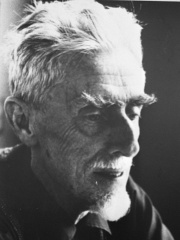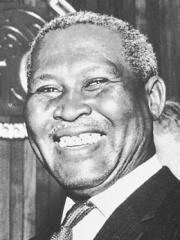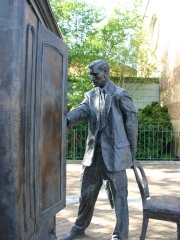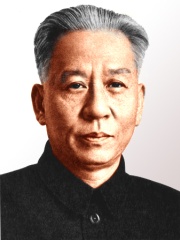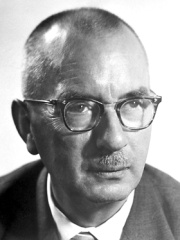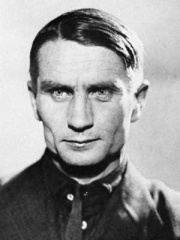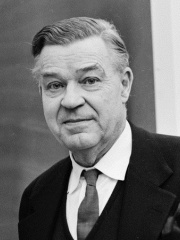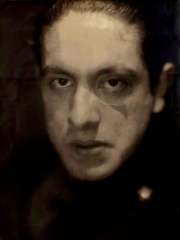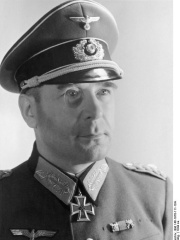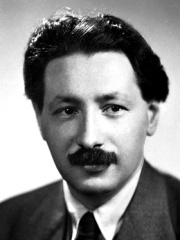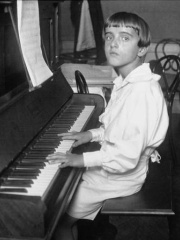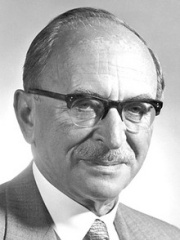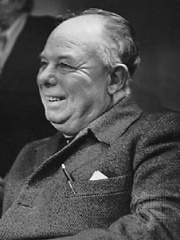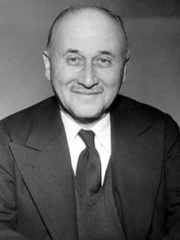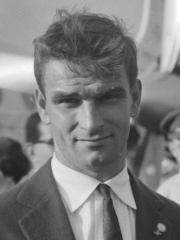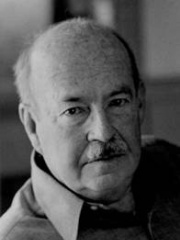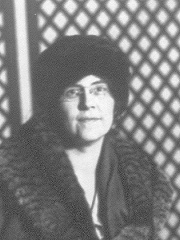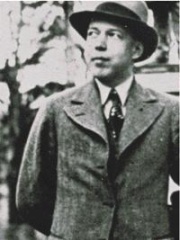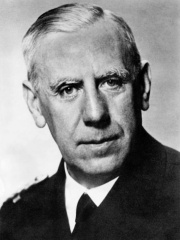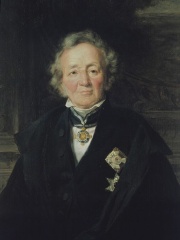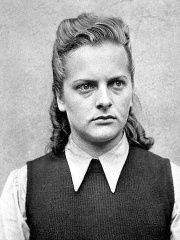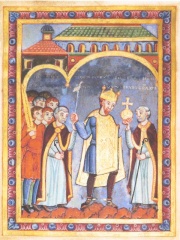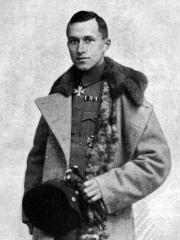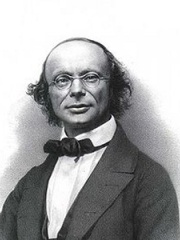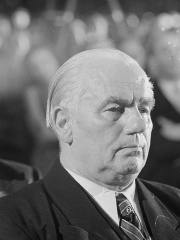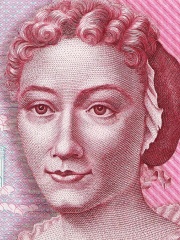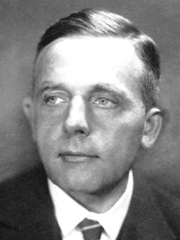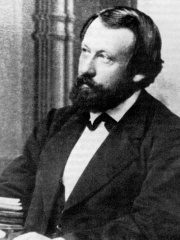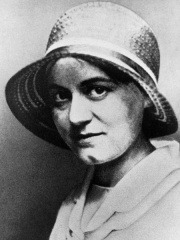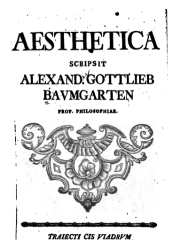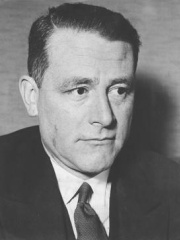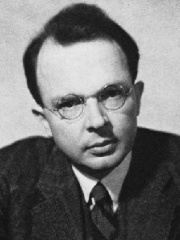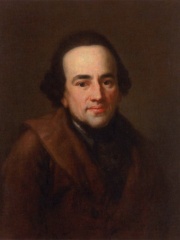Philosopher
Herbert Marcuse
1898 - 1979
EN.WIKIPEDIA PAGE VIEWS (PV)
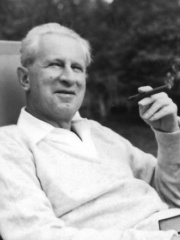
 Herbert Marcuse
Herbert Marcuse
His biography is available in 66 different languages on Wikipedia. Herbert Marcuse is the 164th most popular philosopher (down from 154th in 2024), the 276th most popular biography from Germany (down from 241st in 2019) and the 27th most popular German Philosopher.
Herbert Marcuse is most famous for his theory of "repressive tolerance." Marcuse argues that the world is divided into two types of people: the "repressors" and the "repressed." The repressors are those who have power and privilege in society, and they use their power to keep the repressed in their place. Marcuse argues that the repressed should not be tolerant of the repression of the repressors, but rather should actively resist it.
Memorability Metrics
Page views of Herbert Marcuse by language
Among Philosophers
Among philosophers, Herbert Marcuse ranks 164 out of 1,267. Before him are Max Stirner, Max Scheler, Hans Kelsen, Ibn Tufail, Oswald Spengler, and Paul Ricœur. After him are Athanasius Kircher, Melissus of Samos, Ferdinand Tönnies, Adi Shankara, Ernst Cassirer, and Jiddu Krishnamurti.
Most Popular Philosophers in Wikipedia
Go to all RankingsMax Stirner
1806 - 1856
HPI: 75.62
Rank: 158
Max Scheler
1874 - 1928
HPI: 75.62
Rank: 159
Hans Kelsen
1881 - 1973
HPI: 75.57
Rank: 160
Ibn Tufail
1110 - 1185
HPI: 75.54
Rank: 161
Oswald Spengler
1880 - 1936
HPI: 75.52
Rank: 162
Paul Ricœur
1913 - 2005
HPI: 75.48
Rank: 163
Herbert Marcuse
1898 - 1979
HPI: 75.47
Rank: 164
Athanasius Kircher
1602 - 1680
HPI: 75.44
Rank: 165
Melissus of Samos
470 BC - 430 BC
HPI: 75.38
Rank: 166
Ferdinand Tönnies
1855 - 1936
HPI: 75.37
Rank: 167
Adi Shankara
788 - 820
HPI: 75.37
Rank: 168
Ernst Cassirer
1874 - 1945
HPI: 75.36
Rank: 169
Jiddu Krishnamurti
1895 - 1986
HPI: 75.31
Rank: 170
Contemporaries
Among people born in 1898, Herbert Marcuse ranks 18. Before him are Leo Szilard, William James Sidis, M. C. Escher, Albert Lutuli, George Gershwin, and C. S. Lewis. After him are Liu Shaoqi, Karl Ziegler, Trofim Lysenko, Gunnar Myrdal, Julius Evola, and Hans Krebs. Among people deceased in 1979, Herbert Marcuse ranks 10. Before him are Park Chung-hee, Giuseppe Meazza, John Wayne, Ernst Chain, Nino Rota, and Dennis Gabor. After him are Jean Renoir, Jean Monnet, Sándor Kocsis, Talcott Parsons, Nadia Boulanger, and Mika Waltari.
Others Born in 1898
Go to all RankingsLeo Szilard
PHYSICIST
1898 - 1964
HPI: 78.22
Rank: 12
William James Sidis
LINGUIST
1898 - 1944
HPI: 78.04
Rank: 13
M. C. Escher
ARTIST
1898 - 1972
HPI: 77.89
Rank: 14
Albert Lutuli
POLITICIAN
1898 - 1967
HPI: 77.77
Rank: 15
George Gershwin
COMPOSER
1898 - 1937
HPI: 77.09
Rank: 16
C. S. Lewis
WRITER
1898 - 1963
HPI: 76.86
Rank: 17
Herbert Marcuse
PHILOSOPHER
1898 - 1979
HPI: 75.47
Rank: 18
Liu Shaoqi
POLITICIAN
1898 - 1969
HPI: 75.28
Rank: 19
Karl Ziegler
CHEMIST
1898 - 1973
HPI: 74.89
Rank: 20
Trofim Lysenko
BIOLOGIST
1898 - 1976
HPI: 74.66
Rank: 21
Gunnar Myrdal
ECONOMIST
1898 - 1987
HPI: 73.52
Rank: 22
Julius Evola
PHILOSOPHER
1898 - 1974
HPI: 73.16
Rank: 23
Hans Krebs
MILITARY PERSONNEL
1898 - 1945
HPI: 73.08
Rank: 24
Others Deceased in 1979
Go to all RankingsPark Chung-hee
POLITICIAN
1917 - 1979
HPI: 81.27
Rank: 4
Giuseppe Meazza
SOCCER PLAYER
1910 - 1979
HPI: 79.61
Rank: 5
John Wayne
ACTOR
1907 - 1979
HPI: 78.81
Rank: 6
Ernst Chain
CHEMIST
1906 - 1979
HPI: 78.79
Rank: 7
Nino Rota
COMPOSER
1911 - 1979
HPI: 75.60
Rank: 8
Dennis Gabor
PHYSICIST
1900 - 1979
HPI: 75.48
Rank: 9
Herbert Marcuse
PHILOSOPHER
1898 - 1979
HPI: 75.47
Rank: 10
Jean Renoir
ACTOR
1894 - 1979
HPI: 75.28
Rank: 11
Jean Monnet
POLITICIAN
1888 - 1979
HPI: 74.25
Rank: 12
Sándor Kocsis
SOCCER PLAYER
1929 - 1979
HPI: 73.82
Rank: 13
Talcott Parsons
SOCIOLOGIST
1902 - 1979
HPI: 73.67
Rank: 14
Nadia Boulanger
MUSICIAN
1887 - 1979
HPI: 72.63
Rank: 15
Mika Waltari
WRITER
1908 - 1979
HPI: 72.59
Rank: 16
In Germany
Among people born in Germany, Herbert Marcuse ranks 276 out of NaN. Before him are Wilhelm Canaris (1887), Oswald Spengler (1880), Leopold von Ranke (1795), Irma Grese (1923), Henry III, Holy Roman Emperor (1016), and Ernst Jünger (1895). After him are Athanasius Kircher (1602), Wilhelm Eduard Weber (1804), Wilhelm Pieck (1876), Hansi Flick (1965), Maria Sibylla Merian (1647), and Otto Heinrich Warburg (1883).
Others born in Germany
Go to all RankingsWilhelm Canaris
MILITARY PERSONNEL
1887 - 1945
HPI: 75.62
Rank: 270
Oswald Spengler
PHILOSOPHER
1880 - 1936
HPI: 75.52
Rank: 271
Leopold von Ranke
HISTORIAN
1795 - 1886
HPI: 75.51
Rank: 272
Irma Grese
POLITICIAN
1923 - 1945
HPI: 75.50
Rank: 273
Henry III, Holy Roman Emperor
POLITICIAN
1016 - 1056
HPI: 75.48
Rank: 274
Ernst Jünger
WRITER
1895 - 1998
HPI: 75.47
Rank: 275
Herbert Marcuse
PHILOSOPHER
1898 - 1979
HPI: 75.47
Rank: 276
Athanasius Kircher
PHILOSOPHER
1602 - 1680
HPI: 75.44
Rank: 277
Wilhelm Eduard Weber
PHYSICIST
1804 - 1891
HPI: 75.43
Rank: 278
Wilhelm Pieck
POLITICIAN
1876 - 1960
HPI: 75.42
Rank: 279
Hansi Flick
COACH
1965 - Present
HPI: 75.42
Rank: 280
Maria Sibylla Merian
BIOLOGIST
1647 - 1717
HPI: 75.41
Rank: 281
Otto Heinrich Warburg
PHYSICIAN
1883 - 1970
HPI: 75.41
Rank: 282
Among Philosophers In Germany
Among philosophers born in Germany, Herbert Marcuse ranks 27. Before him are Wilhelm Dilthey (1833), Edith Stein (1891), Alexander Gottlieb Baumgarten (1714), Max Stirner (1806), Max Scheler (1874), and Oswald Spengler (1880). After him are Athanasius Kircher (1602), Ferdinand Tönnies (1855), Carl Schmitt (1888), Max Horkheimer (1895), Rudolf Carnap (1891), and Moses Mendelssohn (1729).
Wilhelm Dilthey
1833 - 1911
HPI: 76.39
Rank: 21
Edith Stein
1891 - 1942
HPI: 76.33
Rank: 22
Alexander Gottlieb Baumgarten
1714 - 1762
HPI: 76.20
Rank: 23
Max Stirner
1806 - 1856
HPI: 75.62
Rank: 24
Max Scheler
1874 - 1928
HPI: 75.62
Rank: 25
Oswald Spengler
1880 - 1936
HPI: 75.52
Rank: 26
Herbert Marcuse
1898 - 1979
HPI: 75.47
Rank: 27
Athanasius Kircher
1602 - 1680
HPI: 75.44
Rank: 28
Ferdinand Tönnies
1855 - 1936
HPI: 75.37
Rank: 29
Carl Schmitt
1888 - 1985
HPI: 74.91
Rank: 30
Max Horkheimer
1895 - 1973
HPI: 74.29
Rank: 31
Rudolf Carnap
1891 - 1970
HPI: 74.06
Rank: 32
Moses Mendelssohn
1729 - 1786
HPI: 73.85
Rank: 33
